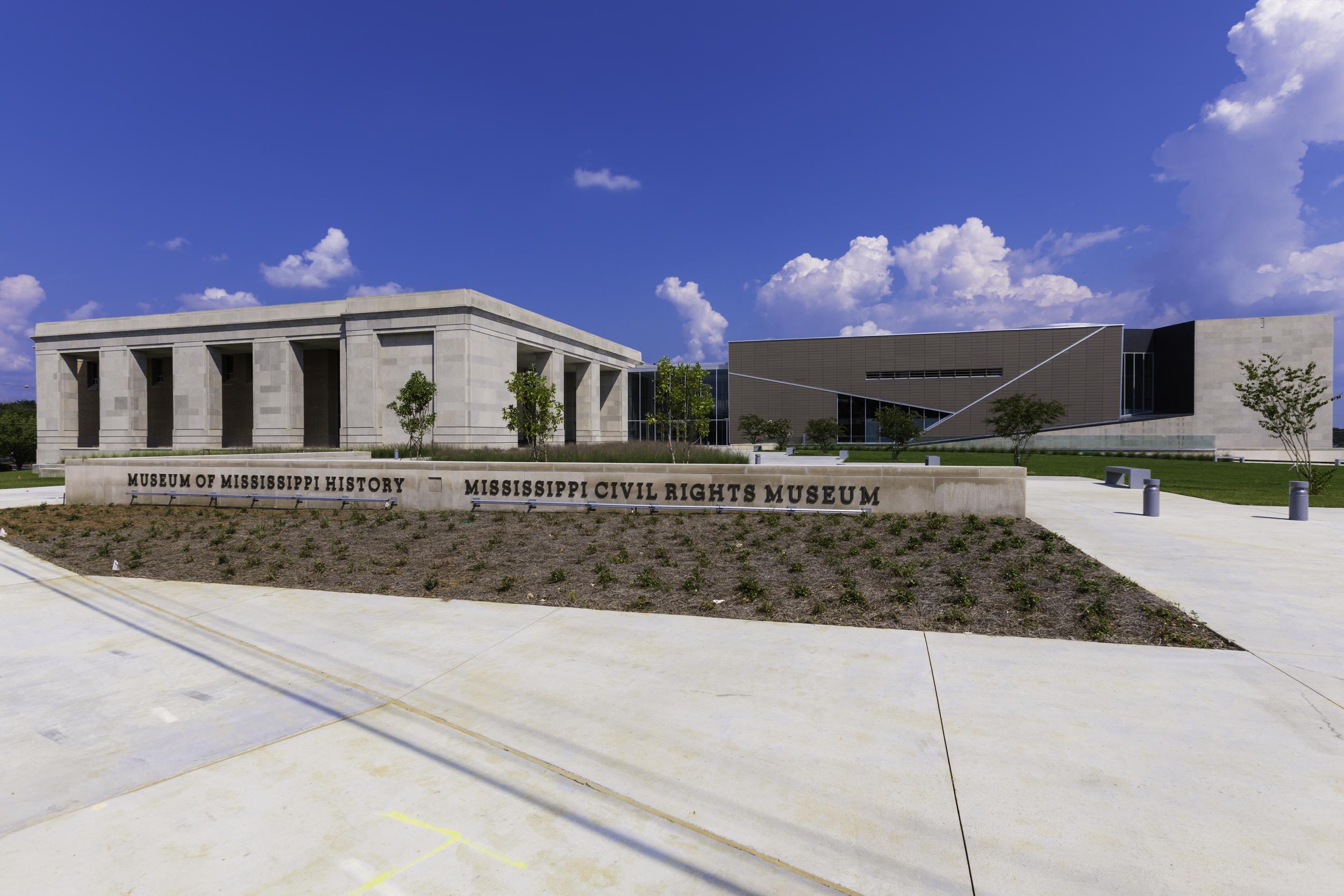10 of the most important civil rights sites in the USA
From New York State to Alabama, these are some of the most important civil rights sites in the US

The new Mississippi Civil Rights Museum is the latest hard-hitting opening on the US civil rights trail, but if you’re not in the Deep South any time soon, here are some of the other essential stops on a US civil rights tour.
Martin Luther King Jr National Historic Site: Atlanta, Georgia
Tour King’s childhood home and birthplace – the civil rights leader was born upstairs because his parents refused to use segregated hospitals. The site envelops the surrounding area – King and his widow Coretta Scott King are buried nearby, and the Ebenezer Baptist Church, where he used to preach, is here too. Free entrance
16th Street Baptist Church: Birmingham, Alabama
A clock is frozen at 10.22, the time when, on September 15, 1963, a bomb planted by white supremacists ripped through the basement, killing four young girls. Free entrance, tours $5 per person
National Civil Rights Museum: Memphis, Tennessee
The museum incorporates the Lorraine Motel, where Martin Luther King was assassinated on the balcony on April 4, 1968. Special exhibits, poetry evenings and symposiums are planned to mark the 50th anniversary of his death. Entrance $16
Museum of African American History and Culture: Washington, DC
Designed by David Adjaye with lead architect Phil Freelon, who also worked on the Mississippi museum as a director at Perkins+Will, this bold, bronze building just celebrated its first birthday. Timed tickets to view the exhibits, which include iron collars from slave ships and Louis Armstrong’s trumpet, book up months in advance, and though there are a limited number of same-day tickets, queues start early. Free entrance, but book well ahead
Harriet Tubman House: Auburn, New York
Tubman was an abolitionist, humanitarian, armed scout and spy for the US Army during the American Civil War – and one of the key personalities behind the “underground railroad”, which led enslaved people from the south to freedom in the north. Her portrait was due to take up residence on the $20 bill, though the Trump administration is now threatening to block the change. Her 26-acre home is open to visitors in Albany, New York, cementing her legacy and detailing her part in the railroad. Free entrance
Schomburg Center for Research in Black Culture: New York City
This Harlem-based museum “fights against those who try to distort or ignore black history” and has a number of interesting temporary exhibitions, including (until March 2018) Power in Print, which explores the art of the Black Power Movement poster. Exhibitions here pack a punch but tend to be small-ish, so it’s easy to fit in to a day in Harlem. Free entrance
McLeod Plantation: Charleston, South Carolina
Established in 1851, the 37-acre plantation in Charleston has been carefully preserved in recognition of its historical significance in America’s history. Unlike most other plantation tours, which tend to whitewash history, those here focus on the lives of the enslaved Africans – in fact, most don’t even go inside the main house. Expect to hear about the role of the plantation during the Civil War, and the importance of the local Gullah culture. Entrance $15
International Civil Rights Center & Museum: Greensboro, North Carolina
The non-violent sit-ins at lunch counters in Greensboro in 1960 ultimately led to the Woolworth department store chain removing its racial segregation policy. Now converted into the International Civil Rights Center & Museum, the shop has become an archive, museum and teaching facility focused on civil and human rights. Entrance $12
Tuskegee Airmen National Historical Museum: Detroit, Michigan
This Detroit museum celebrates the lives and bravery of America’s first black military airmen, who served despite prejudice against black people’s abilities to thrive in the armed forces, and, having played a vital part in the national war effort, returned to a segregated society as second-class citizens. Entrance $5
National Underground Railroad Freedom Center: Cincinnati, Ohio
A “center of education and discourse”, this museum is located on the banks of the Ohio River, which once separated the slave states of the South from the free states in the North. The museum works to keep alive the stories from the Underground Railroad, with exhibits, galleries, films, family programmes and more. Entrance $15
Subscribe to Independent Premium to bookmark this article
Want to bookmark your favourite articles and stories to read or reference later? Start your Independent Premium subscription today.

Join our commenting forum
Join thought-provoking conversations, follow other Independent readers and see their replies